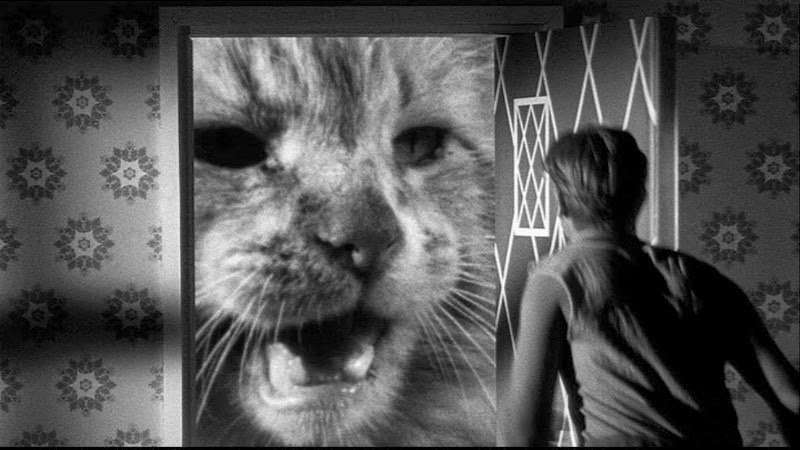I've been meaning to write about the effects of secularism on religions of all kinds, including the non-dual traditions within Hinduism and Buddhism. A good place to start is this recent debate between famed consciousness-capitalist Deepak Chopra and Dr. Aseem Shukla, co-founder of The Hindu American Foundation - and by good I mean there are so many bad ideas running amok between the two of them that each makes unintentional points in the other's favor.
Aseem begins the debate with an attack on the western appropriation of the Hindu Yoga traditions, often without attribution, or much respect for the real purposes and fullness of that tradition, but with a canny eye on the profits to be made from exploiting Yoga's glamour and personal transformation potential. He points out that Chopra is himself one of the primary exploiters of Hinduism, mining its ideas and traditions for marketable sales pitches and methods aimed at the western consumer mentality, rather than fostering any sincere interest in liberation from illusion and ego. All quite true, of course, and Chopra makes a mess of his own efforts to defend himself, not least by making the idiotic claim that Yoga is not actually a form of Hinduism, but that it preceded Hinduism, and that in any case, it actually comes straight out of consciousness itself, and thus can't be limited by any historical tradition.
All in all, I'd say that Chopra loses the exchange badly, but that doesn't matter, because he and others like him are winning the war. Aseem can argue all he likes that Hinduism is not being treated respectfully by its western usurpers, he can't stop them from continuing to take from it what they like, and leave behind what they don't.







.jpg)
.jpg)
.jpg)
.jpg)
.jpg)



